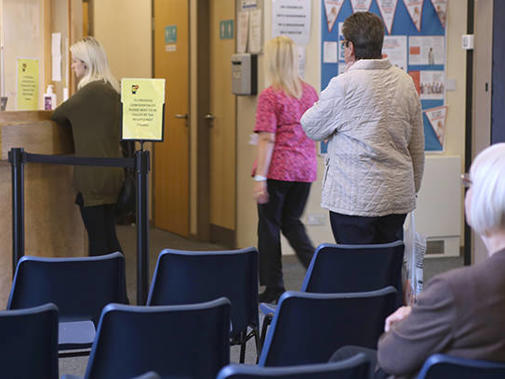The case, in which the BMA is continuing to support five GP practices in their legal challenge against NHSPS, has been picked by The Lawyer magazine as one of the top 20 cases of 2022.
Commencing in 2020, the case was brought in response to many GP practices facing sharply increased charges, without clear agreement or explanation on the part of NHSPS and without reference to the practices’ contractual arrangements.
The final hearing, scheduled to take place in March 2022, comes as part of an attempt by NHSPS to compel the five practices to pay the higher charges it claims are owed.
The dispute, which concerns NHSPS’s charging policy, will be the first of its kind to come before the High Court and the court’s decision is expected to provide valuable insight into how similar disputes will be dealt with in the future.
The case initially saw lawyers instructed by the practices and the BMA seek to obtain legal declarations that NHSPS’s charging policies (from 2016/17 and 2017/18) did not automatically vary the practices’ legal terms of occupation, and therefore NHSPS’s imposition of charges based on their policies is unlawful.
Case escalation
In response to the practices’ simple claims for declarations, NHSPS counterclaimed against all of the practices for the fees it claims are owed thereby escalating the dispute into a major commercial lawsuit.
In June 2020 NHSPS conceded that its charging policy did not vary the practices’ obligations retrospectively, meaning the onus is on the NHS body to explain changes to its charges in reference to those terms.
BMA GPs committee premises lead Gaurav Gupta said he hopes the case, which has been nominated as one of the top-20 cases of 2022 by The Lawyer magazine, would help to highlight this vital issue facing hundreds of GP practices.
He said: ‘The case has taken a lot of time and effort from everyone involved and it is good to see this work being recognised. This case can have significant impact on GPs as well as the wider NHS and shows the BMA is prepared to support doctors in difficult circumstances.’

